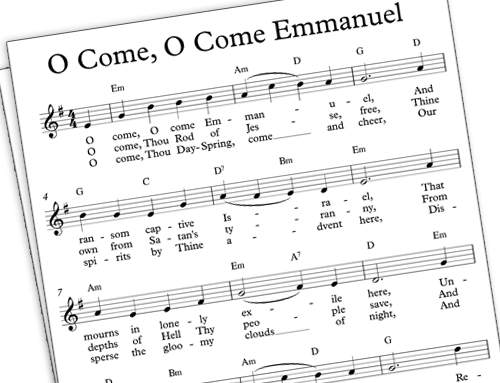
Pictured: A middle-eastern sheepfold.
Now in those days a decree went out from Caesar Augustus, that a census be taken of all the inhabited earth…
When we think of Bethlehem, we think of the manger. We think of Mary and Joseph traveling from their home in Nazareth while Mary was heavy with child. We think of their arrival in Bethlehem to find no room for them because of the crowds arriving for the census. We picture Joseph finding Mary a nice quiet barn to rest in, just in time for the baby to be born.
In truth, it was more likely a sheepfold with a cave where shepherds and sheep would shelter in inclement weather. Mary and Joseph probably stayed there for days or weeks before baby Jesus was born. But details aside, it was a humble beginning for the Son of God.
But as for you, Bethlehem Ephrathah,
Too little to be among the clans of Judah,
From you One will go forth for Me to be ruler in Israel.
His goings forth are from long ago,
From the days of eternity. (Micah 5:2)
The Jews, who numbered themselves according to their tribes, traveled to their ancestral homes to register for the Roman census. Bethlehem was a small town, but it was the birthplace of King David and so Joseph, being of the lineage of David, traveled from Nazareth to Bethlehem to be registered, along with Mary, his wife.
Have you ever thought about the genealogy of Jesus? Leading up to the Christmas story, the gospel of Matthew records the generations from Abraham to Joseph, the earthly father of Jesus.
Although genealogy and inheritance laws passed strictly through the male line, Matthew includes several unlikely women in the narrative. There was the young widow Tamar who bore Perez to her father-in-law Judah. There was Rahab the harlot who protected the Hebrew spies and later married Boaz and gave birth to Obed. Obed, in turn, married another young widow, Ruth the Moabitess. Then, of course, there was Bathsheba who bore Solomon to King David. When I think of these women, I think of how each were outcasts whom God redeemed.
After Solomon, Matthew traces the genealogy through Rehoboam, a royal lineage of which the Bible tells us, at least half of the kings were “bad” kings who led God’s people into idolatry. I wonder, why would God choose the line of Judah? Why not choose the lineage of Israel whose kings were mostly “good” kings? Perhaps because Jesus was coming first as Savior, not as conquering king. He was coming not to call the righteous, but sinners to repentance (Luke 5:32).
If you have ever compared them, you will know the gospel of Luke records a completely different genealogy from David down to Joseph. How can this be? Tradition tells us that Matthew traced the line of Joseph in Jewish fashion, following the legal line of ancestry for the purposes of inheritance from father to father. Luke, being a Greek and a physician, traced Jesus’ physical lineage through Mary. This is supported by his wording as he states, “Jesus… as was supposed, the son of Joseph, the son of Eli…” (Luke 3:23, emphasis mine). When I think of these genealogies, I think of how God works all things together to accomplish His purpose (Rom. 8:28).
The genealogy of Jesus seems an unlikely history for the holy Son of God. The humble manger in a shepherd’s cave seems an unlikely place to cradle the King of Kings. The noisy overcrowded streets of the little town of Bethlehem seem an unlikely place for the glory of God to visit. But it was the Father’s good pleasure to make it so.
In Bethlehem, we see Jesus as Immanuel, God with us. God as one of us. We see His birth taking place in very humble, very human circumstances.
Through Jesus’ birth in Bethlehem, we see truths of God’s nature and God’s kingdom incarnate:
- The Almighty is gentle and humble in heart (Matt. 11:29).
- The Son of God humbled Himself and became a servant (Phil. 2:5-8).
- Whoever exalts himself will be humbled and whoever humbles himself will be exalted (Matt. 23:11-12).
Pastor Cindy
Advent Series: Prophets • Bethlehem • Shepherds • Angels • Christ





Leave a Reply